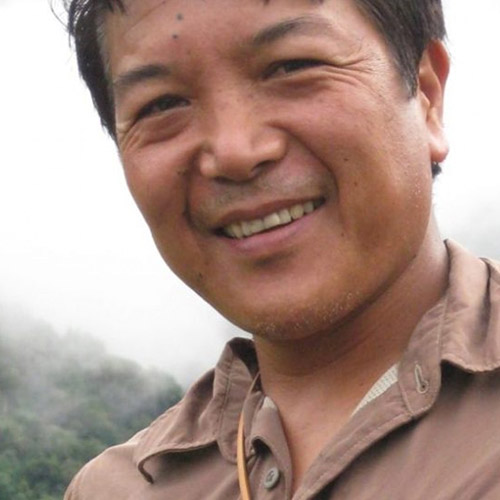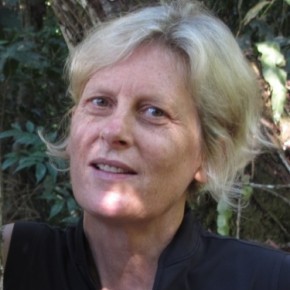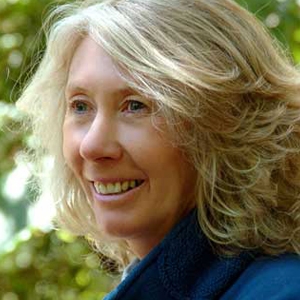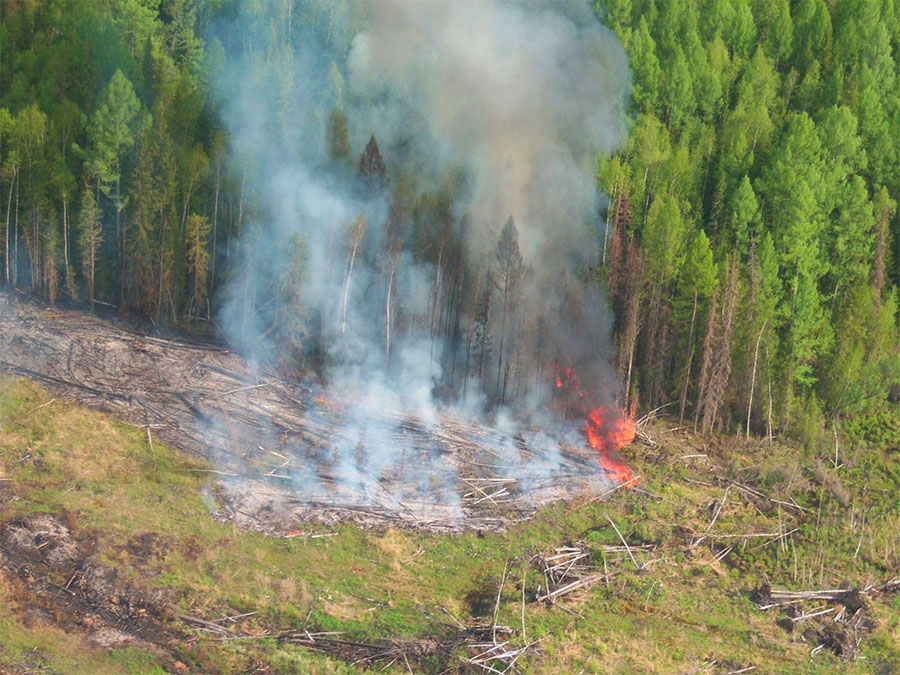Research field: Policy
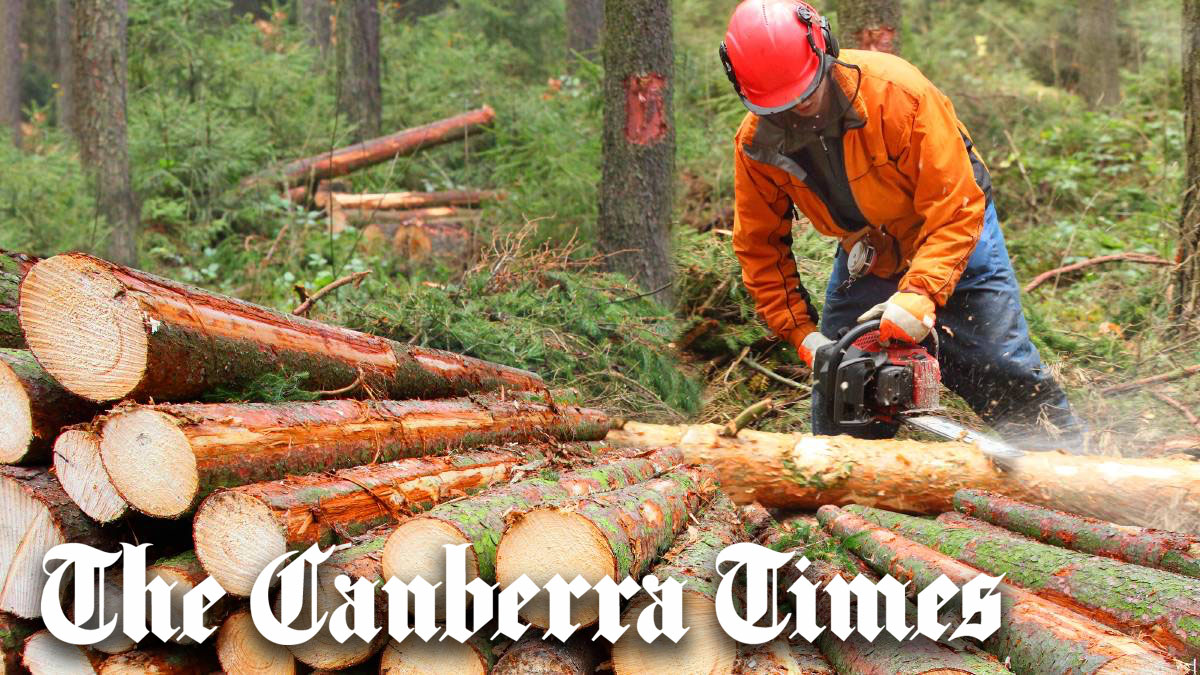
Data from Europe shows that there has been a major increase in the intensification of logging in Europe over the past five to seven years and this could prevent many European nations reaching their emissions reduction targets under the Paris and Glasgow agreements. The same process is now being pushed heavily by certain forest industry lobbyists and government agencies in several Australian states, including Tasmania, Victoria and New South Wales.
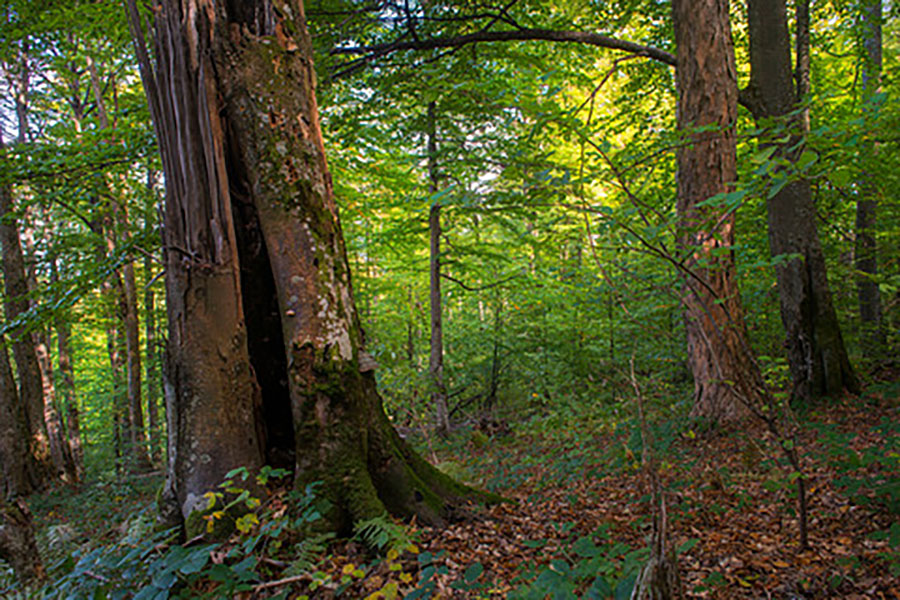
The carbon stock in Europe’s forests is decreasing and the importance of protecting ‘unmanaged’ forests must be recognised in reversing this process. Scientific evidence suggests that ‘unmanaged’ forests have higher total biomass carbon stock than secondary forests being actively managed for commodity production or recently abandoned.




